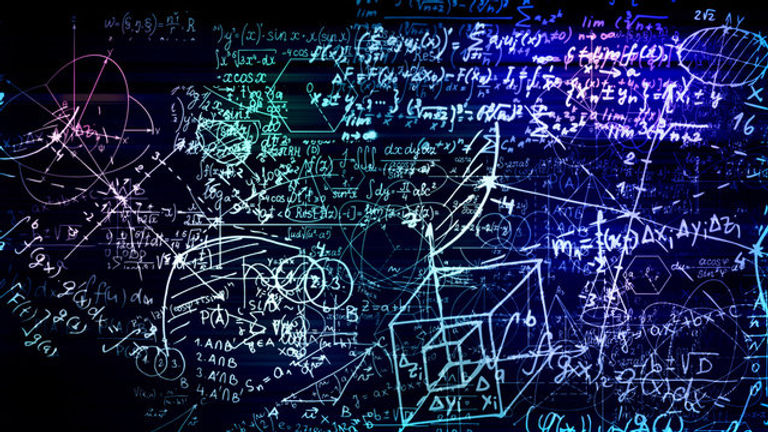
Research Interests
My two current research interests are algebra and mathematics education.
For the former, I want to explore its applications and garner skills on how to analyze groups with the use of GAP and Magma. I love the alluring nature of modern algebra, and also would like to explore other algebraic structures such as rings and modules, hopefully establishing more connections between such structures than what is already known. I have conducted research in equal coverings of finite groups, and hope to continue this research and establish similar results for other algebraic structures. In regards to applications of group theory, I want to see how group theory is used in various domains of science of mathematics, especially other branches of mathematics such as analysis and topology.
For the latter, I want to see how mathematics at the college can be taught in a way that both shows the beauty and rigorous nature of mathematics while also making students feel comfortable and motivated in the face of difficult mathematics problems. I want to explore how psychology can be used to accomplish this, as I believe to truly get students to feel comfortable in and out of the classroom we need to establish a meaningful connection between them, us as the instructors, and the material. I believe we can accomplish this by minimizing math anxiety and teach mathematics in ways that could ake students with mental and learning disabilities feel they are learning at the same or similar pace as their classmates.
Research Experience
In my sophomore year of college, Under the advisement of Dr. Joshua Hiller from Adelphi University and joint work with Dr. Andrew Penland from Western Carolina University, we began research on carcinogenesis modeling using the Armitage & Doll model and then looked at for a hypergraph approach, with Dr. Hiller's students providing combinatorial proofs of results and Dr. Penland's students performing computational simulations of carcinogenesis with hypergraphs.
During my senior year, I wrote and did research for my thesis under the advisement of Dr. Tuval Foguel at Adelph University. He had proposed to me to look into the subject of equal coverings of finite groups. An equal covering of a finite group G is a collection of proper subgroups whose set-theoretic union is G. We developed and proved certain theorems about which groups up to order 60 and some finite simple groups should have an equal coverings and which ones do not. When these did not prove to be useful for certain groups, we had to turned to GAP: Groups, Algorithms, and Programming for computational arguments. Here is a draft of my paper submitted to Arxiv